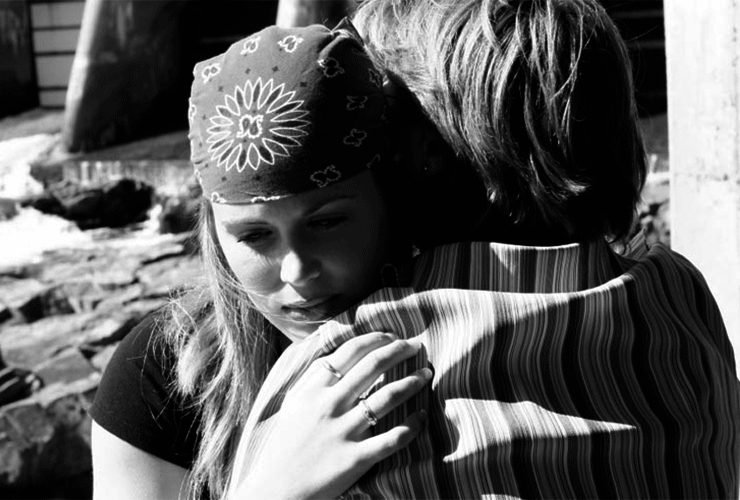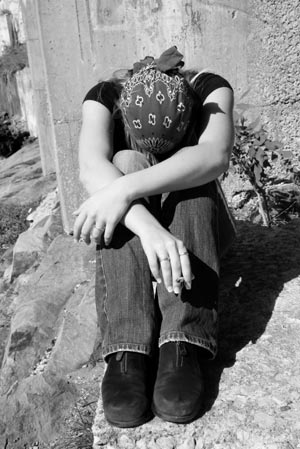 “I’m going to move on.”
“I’m going to move on.”
Too often teens will tell adults these words after they lose a friend to suicide. But youths often hide their true emotions from others, and may find it difficult to grieve openly.
That’s why it’s vital that caring adults help them understand they are at risk for unhealthy or maladaptive behaviors that, at their worst, may lead to suicide.
“It can be tough to help teens understand they really do need help,” says Teresa LaFromboise, PhD, a national expert in youth suicide prevention. “So it’s important to mobilize a network of care around them, comprised of friends and teachers and family who all try to help them understand that they might need help and they probably need treatment; and that they are so valuable—that they really will be and are contributing to this world, and they will continue to contribute.” Dr. LaFromboise suggests that adults take heed of these key issues when interacting with youths who have lost a friend to suicide:
TEEN GRIEF IS REAL. “It’s important for adults to remember that we all have intense friendships and feelings for people, no matter what our age. So it’s very significant when a friend dies, at a young age—and by suicide. We just can’t try to keep them busy because we think they’ll begin to forget about it. Instead, we need to help them better realize the profound effect of this loss on their lives.”
 KEEP A CLOSE EYE. “Maybe we can increase monitoring and tell youths, ‘Hey, you don’t need to be out partying every night,’ or ‘We need to help you. What else can we be doing? We know you are grieving.’”
KEEP A CLOSE EYE. “Maybe we can increase monitoring and tell youths, ‘Hey, you don’t need to be out partying every night,’ or ‘We need to help you. What else can we be doing? We know you are grieving.’”
DON’T DENY. “Adults have to appreciate that grieving a suicide death takes time, and be willing to work with youths right where they’re at with their feelings—rather than deny feelings or gloss over them. It’s important to help them realize they are suffering. And that it’s allowable. And, it’s normal to be experiencing this.”
READ BETWEEN THE LINES. “Sometimes (after deliberate self-harm), youths will say, ‘Oh, if I hadn’t been loaded or if I hadn’t been on something, I wouldn’t have ever done that.’ But in reality, there are some triggers that are deeper, that cause a person to engage in risky behaviors. So helping them get a sense of the reality—that they wouldn’t be engaging in these behaviors if there wasn’t something terribly wrong—is vital.”
NO EXCUSES. “(tell teens) … ‘Let’s try to unearth it and see what it is that’s really setting you off,’ and talking about it very frankly. And not allowing teens to make the excuses that they were drunk or high, and therefore, that’s why it (risky behavior or deliberate self-harm) happened. Don’t let that be the end of the teen’s story to you, because this hands-off approach can be deadly.”

